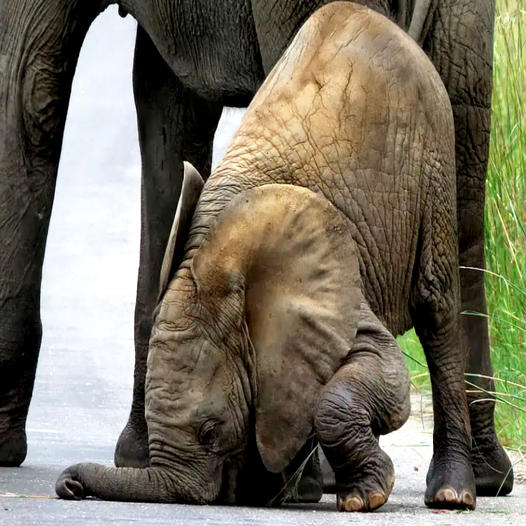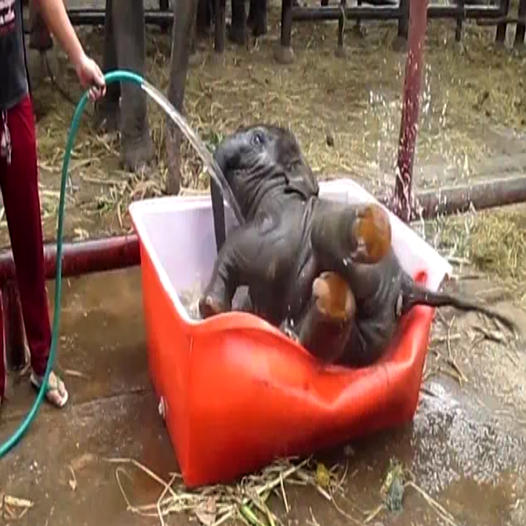
In the intricate dance of parent-child dynamics, there are moments when discipline takes center stage, leaving a deep imprint on a child’s emotional well-being. This story uncovers the heartrending sight of tears streaming down a baby’s cheeks as they face the consequences of their behavior, shedding light on the intricate emotions that accompany the process of parental correction.
Although tears may flow when a child encounters disciplinary measures, it serves as a reminder of the significance of setting boundaries. Discipline allows parents to lead their children towards understanding right from wrong, nurturing a sense of responsibility and accountability. The tears become a tangible expression of a child’s emotional reaction to the limits determined by their parents.
The sight of tears during disciplinary moments grants a window into a child’s emotional voyage. The tears can signify a mixture of frustration, sadness, and regret as they confront the repercussions of their actions. This presents an opportunity for parents to engage with their child and assist them in navigating through these emotions, fostering emotional intelligence and personal growth.
When a child’s tears are triggered by punishment, it creates an opening for parents to teach empathy and compassion. By promoting open communication and understanding, parents can aid their child in recognizing the impact of their actions on others, thus encouraging empathy and the cultivation of a strong moral compass. The tears become a catalyst for learning and personal development.

Instances of discipline that elicit emotional responses from children can actually be used as opportunities to strengthen the bond between parents and their child. In these moments, parents have the chance to offer comfort, reassurance, and explanations, which ultimately reinforces their love and support. It is crucial for parents to highlight the purpose of discipline, which is to guide and nurture their child’s growth.
Although tears are usually associated with temporary distress, they can also serve as a catalyst for personal growth and resilience. Through facing the consequences of their actions, children can learn important life lessons such as taking responsibility, problem-solving, and self-reflection. Therefore, tears can be seen as a stepping stone towards developing emotional resilience and character.

When we witness tears streaming down a baby’s cheeks during times of discipline, it allows us to catch a glimpse of the complex process of emotional growth and the role of parental guidance. It is through the experience of discipline that children gain insights into boundaries, emotions, empathy, and their own personal development. As parents, we have the incredible opportunity to offer comfort, direction, and lessons that shape our child’s perception of the world. Rather than viewing these tears solely as a fleeting discomfort, let us instead see them as valuable milestones that contribute to the development of emotional intelligence, resilience, and a stronger bond between parent and child.




